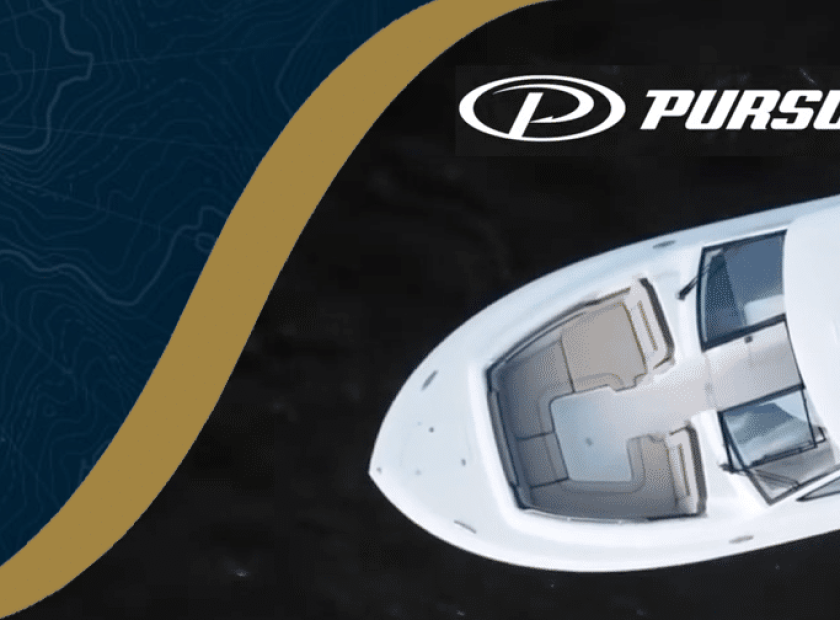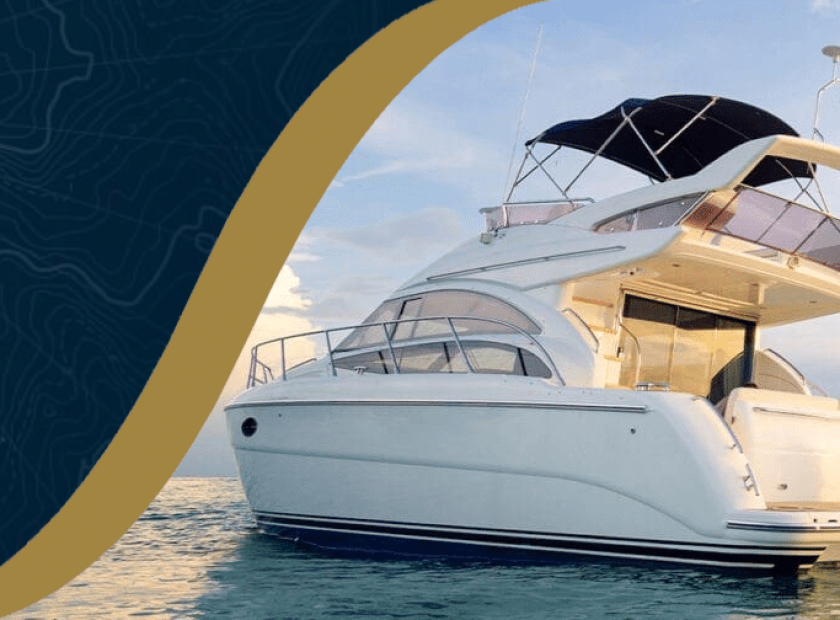Sustainable boating is gaining momentum as more enthusiasts recognize the importance of preserving the environment while enjoying the water. Eco-friendly boats and green boating innovations are transforming the boating industry, offering opportunities to reduce environmental impact without compromising the joy of being on the water. This guide explores essential eco- friendly practices, technological advancements, and practical tips to help boating enthusiasts make sustainable choices.
The Evolution of Eco-Friendly Boats
The demand for greener alternatives has led to significant advancements in boat design and technology. Hybrid propulsion systems, electric motors, and solar-powered boats are becoming increasingly popular. These innovations reduce reliance on fossil fuels, minimize emissions, and lower operating costs. Leading manufacturers are now prioritizing renewable energy for boats, ensuring that their designs align with sustainable marine practices.

Renewable Energy Solutions
Harnessing renewable energy is a pivotal step in reducing a boat's carbon footprint. Solar panels and wind turbines are practical additions to modern vessels, providing a clean energy source to power onboard systems. Advances in battery technology allow boats to store energy more efficiently, enabling longer voyages without relying on traditional fuel.
Hydrogen fuel cells are another promising innovation, offering a sustainable alternative to diesel engines. While still in the early stages, this technology has the potential to revolutionize the industry, making eco-friendly practices for boating enthusiasts more accessible.
Innovations in Boat Construction
Sustainable boat construction focuses on using eco-friendly materials and reducing waste during manufacturing. Recycled composites, responsibly sourced wood, and biodegradable resins are replacing traditional materials, which often have a high environmental impact. These sustainable choices not only enhance durability but also contribute to the overall mission of green boating.
Moreover, modular boat designs are gaining traction. These allow for easier upgrades and repairs, extending the vessel’s lifespan and reducing the need for complete replacements. Innovations in sustainable fishing and boating often include such designs, catering to a growing market of environmentally conscious consumers.

Eco-Friendly Practices for Boating Enthusiasts
Practicing sustainable boating begins with small, everyday actions. Responsible anchoring is crucial to protecting delicate marine ecosystems. Traditional anchors can damage coral reefs and seabeds, but using mooring buoys or eco-anchors can mitigate this impact. Proper waste management is another vital practice. Ensure all trash is securely stored and disposed of onshore, and consider using biodegradable products onboard. Minimizing single-use plastics and investing in reusable alternatives can significantly reduce waste. Water conservation is equally important. Installing water-efficient fixtures and using seawater for non-potable needs can help conserve freshwater resources.
Sustainable Fuel Options
Transitioning to alternative fuels is essential for reducing emissions. Biodiesel, made from renewable resources like vegetable oils and animal fats, is an effective substitute for traditional diesel. It burns cleaner, producing fewer pollutants and greenhouse gases.
Liquefied natural gas (LNG) is another viable option. While not entirely renewable, it offers a cleaner-burning alternative that aligns with sustainable marine practices. Combining these fuels with hybrid or electric propulsion systems can further enhance efficiency and reduce environmental impact.
How to Boat Sustainably on a Budget
Adopting sustainable practices doesn’t have to be costly. Simple measures, such as maintaining your boat’s engine to ensure optimal performance, can reduce fuel consumption and save money. Upgrading to energy-efficient LED lighting and solar-powered gadgets are affordable ways to embrace green boating.
Sharing resources is another cost-effective strategy. Consider participating in boat-sharing programs or renting eco-friendly boats. This reduces the demand for new boat production, minimizing the industry’s overall carbon footprint.
Best Eco-Friendly Boats for Recreational Activities
For those who love recreational boating, choosing an eco-friendly boat can enhance the experience while protecting marine ecosystems. Many manufacturers now offer models designed specifically for sustainable boating. Features such as fuel-efficient engines, advanced navigation technology, and sustainable materials make these vessels ideal for conscientious boaters.
Recreational boating enthusiasts can also adopt practices like following no-wake zones and adhering to boating regulations. These actions ensure the preservation of aquatic habitats, aligning with innovations in sustainable boating and recreation.
Boat Maintenance and Its Role in Sustainability
Regular maintenance is key to ensuring a boat operates efficiently and sustainably. Cleaning the hull reduces drag, improving fuel efficiency and lowering emissions. Non-toxic, eco-friendly cleaning products are widely available and help prevent harmful chemicals from entering the water.
Preventing oil and fuel leaks is another critical aspect. Routine checks on engines and fuel lines can prevent accidental spills, protecting marine life and reducing pollution. These proactive steps contribute to overall sustainable boating practices.
Community Involvement and Advocacy
Boating enthusiasts have the unique opportunity to advocate for marine conservation. Participating in beach clean-ups, supporting marine research initiatives, and educating fellow boaters about sustainable practices can create a ripple effect of positive change. Joining organizations that promote sustainable marine practices provides a platform to collaborate with like-minded individuals. These groups often host workshops, events, and campaigns that emphasize the importance of green boating.
The Future of Sustainable Boating
As the industry continues to evolve, the future of sustainable boating looks promising. Innovations in materials, propulsion systems, and renewable energy sources are paving the way for a more eco-friendly experience. Additionally, regulations and certifications are encouraging manufacturers to prioritize sustainability in their designs.
Emerging trends include autonomous boats equipped with AI technology to optimize routes and reduce energy consumption. Smart systems that monitor environmental impact in real-time are becoming standard, offering valuable insights for boaters looking to enhance their eco-friendly practices.
Boating sustainably is not only a responsibility but also an opportunity to enjoy the water while preserving it for future generations. By embracing these practices and innovations, enthusiasts can contribute to a healthier, more sustainable marine environment.




